Yesterday, the lovely Natalie of Definatalie.com wrote a fabulous post about reject this notion of flattering. On the heels of her Twitter show down with an infamous plus size retailer yesterday, this post is aptly put. I was so moved by her post- with her permission, that I had to share with you all!
Rejecting the notion of the flattering outfit
I have wanted to talk about the notion of the flattering outfit for a while now, because my Skinny Jeans post seemed to bring up a lot of discussion on the topic. For a lot of people, rejecting the haters and wearing what you want is a great message up to a point. But, wearing anything that draws attention to perceived flaws goes a bit too far for comfort. I’d like to elaborate on my reasons for not being very invested in wearing flattering outfits. That and how I’m pretty sure rejecting that practice benefits self esteem and body positivity.
When we talk about wearing clothes that flatter our personal body shapes, it’s a conversation that’s usually had between women. Most of the time it takes the guise of kindly advice. Whether it be the advice of a person close to you or from some nameless fashion writer working for any glossy magazine. The message is usually the same: maximise things that are too small (usually just boobs), minimise bits that are too large, choose fabrics that drape well over lumpy sections and don’t make too much of a spectacle of yourself, girl.
I’ve read well-meaning guidance that instructs tall women not to wear heels. Advice that encourages all women to be mindful of not aging themselves. Content that decrees those with big bums to avoid skinny jeans (yeah right!). Even articles that helpfully suggests that women with all over chunk should avoid large accessories.
I really enjoy having parts of my body reduced to “chunk”. No really. The sick thing is most of us talk to each other and ourselves like this. If your enemy called you chunky, shit would be on, but when your best friend does it, you know she’s just concerned about how you look.
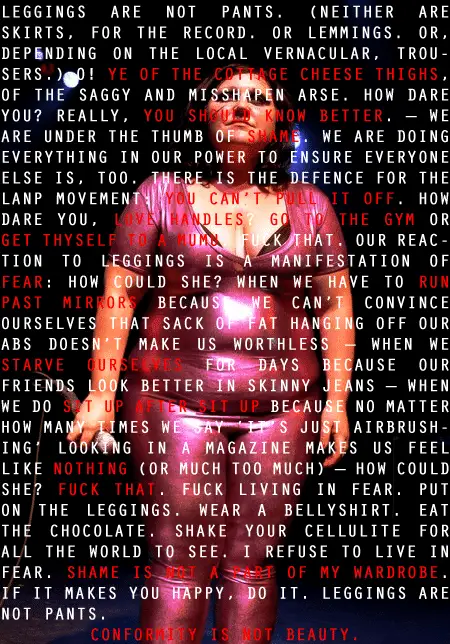
Restricting and Policing Women Under The Guide of Helping
Restricting and policing women (and men, but women are certainly the overwhelming focus of body and fashion criticism in the western world) and their fashion choices under the guise of helping them look more palatable to other people is harmful and hurtful. That we are indoctrinated into feeling indebted to people for pointing out our “flaws” feeds into the cycle of shame, and the endless pursuit of some kind of really boring and generic idea of beauty.
If you’re flat chested, you’re encouraged to dress to give the illusion of curves. If you’re short you ought to employ vertical stripes to trick people into thinking you’re taller. Just two examples of ways to flatter your body into some kind of societal acceptance. It’s patently ridiculous to me! Even if I practice flattering dressing techniques, I AM STILL FAT. Other people know I’m fat too. It’s almost like any steps I make towards apologising for my unacceptable body are deemed as suitable penance.
The other key issue I have with the notion of flattering is that it erases human beings and our natural diversity. Women are told to hide shameful lumps, bumps, wrinkles, disabilities and even skin tone. We’re being herded towards an ideal of average height, dress and shoe size (which suits the fashion manufacturing process perfectly), where each woman blends in perfectly.
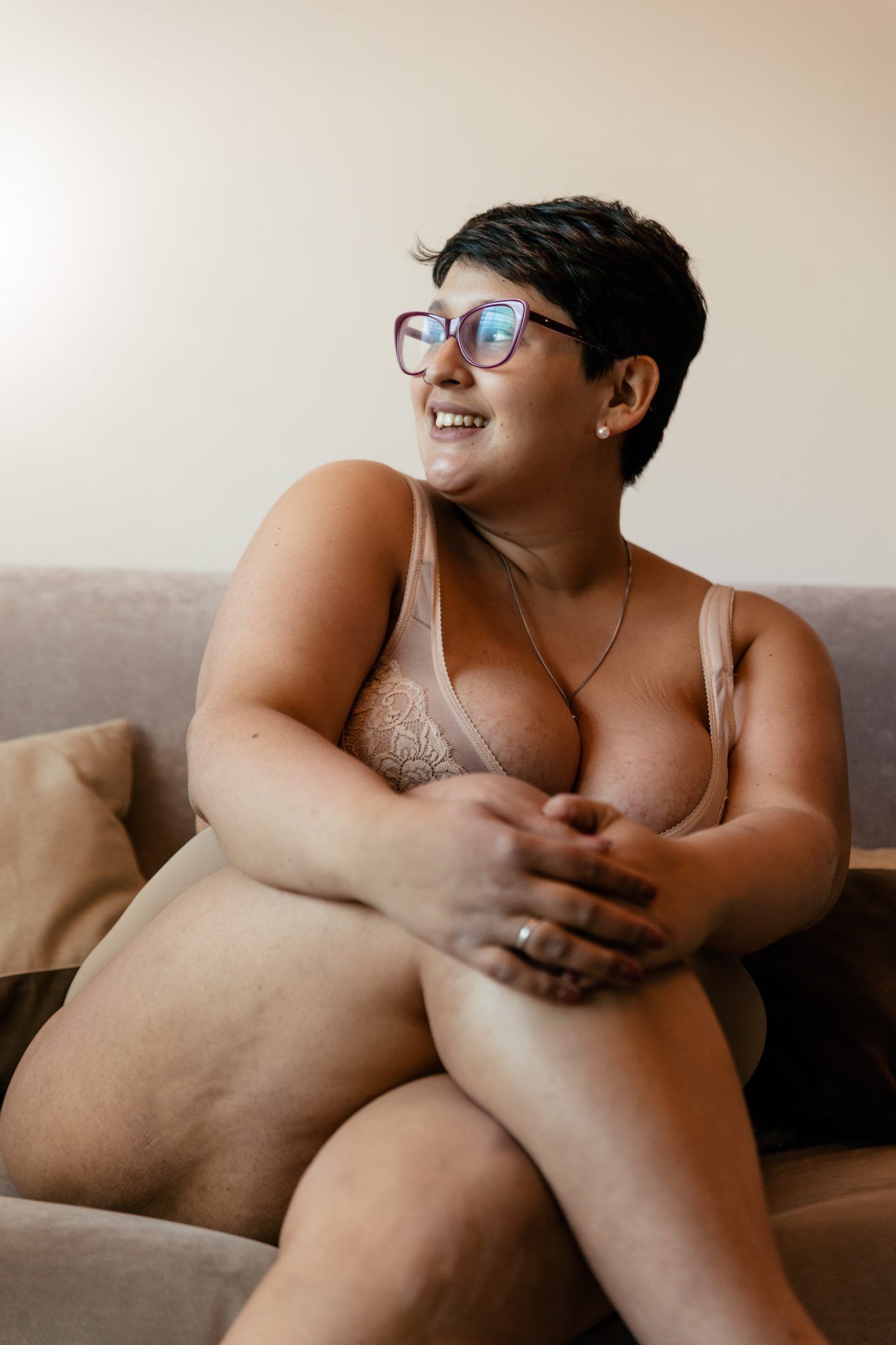
On Navigating Fitting In
When every day I feel like I’m under attack for not fitting in, I have to be realistic about my odds of ever obtaining this manufactured mystical beauty. And I’m ok with that, you know, because beauty is pain (how often did I tell myself that as a teenager?). Beauty must be applied several hours before leaving the house, in lotions and creams and razors and aerosol cans and odd looking eyelash curler implements that never seem to work for me. We apply all this stuff to our person in the hopes of getting closer to the median beauty. In the process, we remove a lot of our natural attributes, replacing them with lofty aspirations and huge wads of shame.
This erasure on a personal scale is even more so evident in the way we dress ourselves. If I dress to trick people into thinking I don’t have a large tummy, and that I’m not indeed 175cm tall, I am nullifying parts of my body. Myself. These parts belong to me. Even if I flatter them away as much as possible, they still exist and I still see them when I stand naked in front of a mirror. Deluding others into thinking I have an acceptable body is one thing, but deluding myself is a terrible fraud with an immediate penalty.
If I ignore it, it doesn’t go away and thus becomes a source of unhappiness. I don’t want to participate in this cycle of body negativity and I don’t want to propagate messages that hurt my own sense of esteem. If I engage in flattering dressing, I’m not just accepting that my own body is bad and terrible, I’m passing on the message to others. It disturbs me that dissatisfaction and unhappiness within our bodies isn’t just accepted, it’s encouraged.
Breaking the cycle of body negativity is hard work
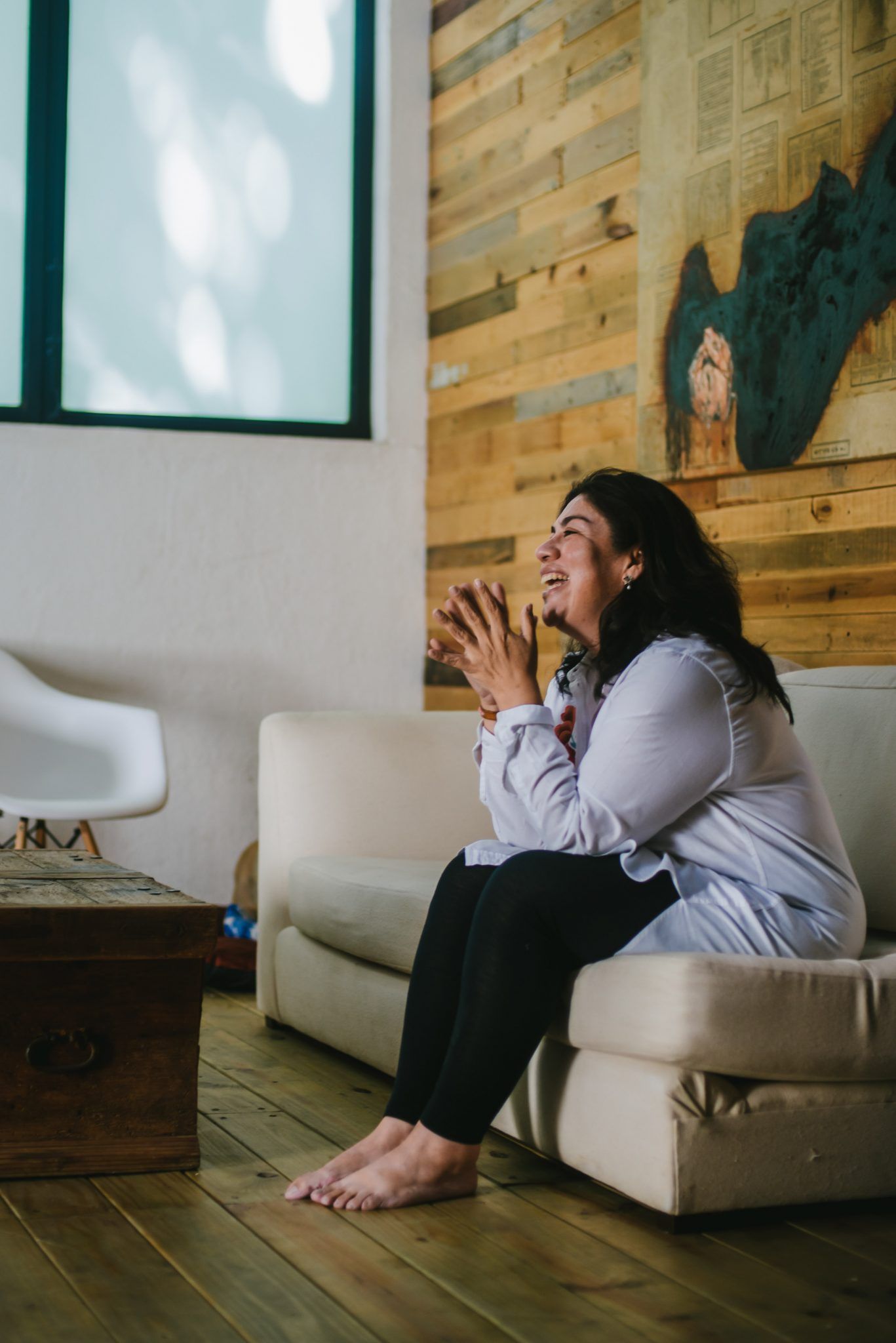
Breaking the cycle of body negativity is hard work but being aware of your participation within it is crucial. I’m not just saying you should be conscious for other people’s sake. Foremost in your mind should be your concern about yourself! If you’ve ever wanted to wear a garment but thought against it because of fears of how people will perceive you, I heartily encourage you to go forth and just wear it. If an outfit makes you feel comfortable and fantastic, but it doesn’t hide your knees or your height or your big boobs, sod it. Just wear it.
This war is personal and this war is being waged on you, from within your consciousness. It seeks to inhibit your self expression and nullify your body. This war also works to nullify whole groups of apparently odd-looking people too: fat, old, tall, short, brown, and disabled (and more!) If you’re not white, able bodied and young, the overriding message being spruiked by the beauty, health and fashion industries is that you’re not good enough and that in order to be as beautiful as you can be you have to buy clothes and makeup and diet pills and encourage all your friends to consume what you’re consuming.
It’s a nasty yet profitable business. I think such frightening homogenisation of human beings is unjust, and if by wearing skinny jeans and showing off my fat arse I can undermine such policing with my visibility, I will do it. I’ve got no delusions of my fat bum saving the world but it makes me feel better not to comply with such a hurtful system, and I feel pretty damn good about myself while doing it.
BRAVA! You can catch more of this fabulosity and fat acceptance, and fashion on Natalie’s blog, Definatalie

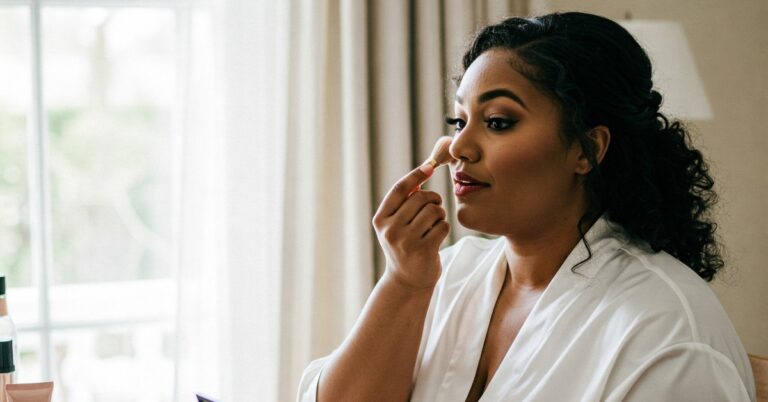
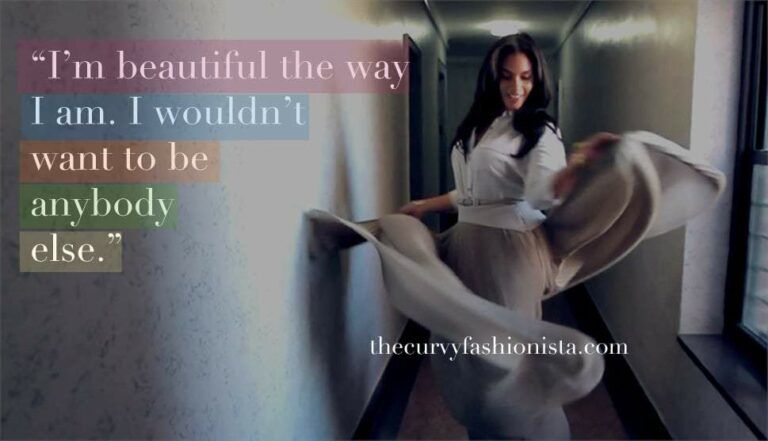

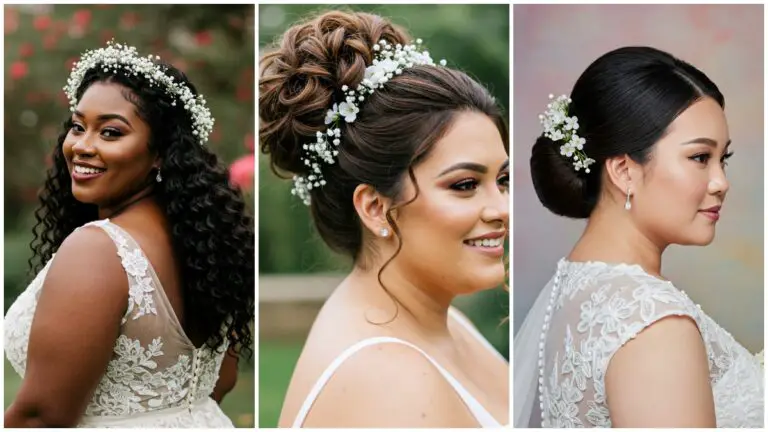
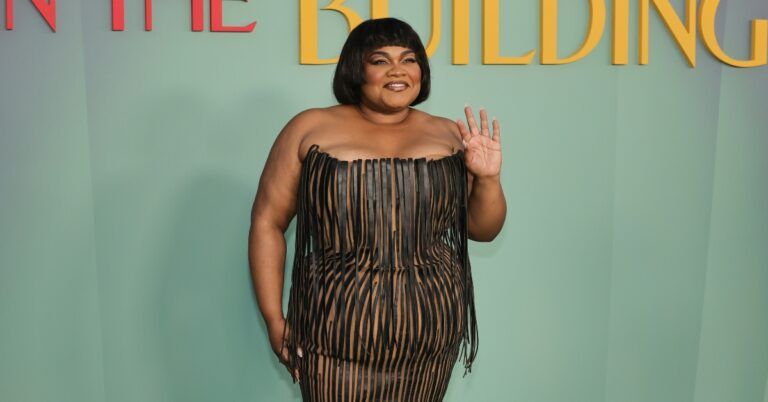
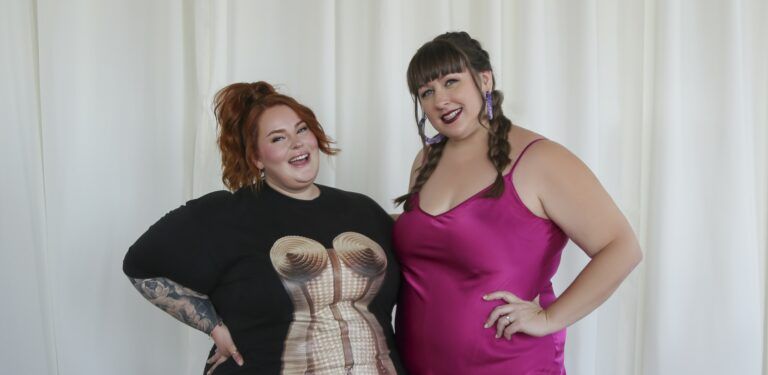
What a fabulous post. You make nothing but good sense. I don't know why I keep myself from wearing what I want to wear just because other people might look at me strangely. I don't know if I can get over it either though. Still I heartily agree with everything you're saying and the way you're saying it. Mental hurdles are the toughest though, aren't they? For some reason logic doesn't supersede emotions and perception. Eventually though all of us curvy women are going to have to get to the point where we just don't give a point. Or perish in the attempt. Here's hoping I'm not in the second group. 😉
I love this and I love Natalie! She's seriously turning into my hero.
Hell yes. I'd like to see the word “flattering” reclaimed, so people can be aware that it can be defined from one than one perspective: you are the best judge of what's “flattering” to you.
If you're defining flattering as “whatever tricks you into thinking I look more like the enforced standard”, then of course it's going to be a negative force, because it supports the validity of that standard.
But I think you can define “flattering” as “that which draws attention to what I love about myself”, and then it can be a positive thing. (Assuming that's honest love, and not appreciation for adherence to the standard.)
That said, I think there are one or two universal “flattering” principles. For example, things that draw attention to your face are generally going to be more flattering than things that draw attention away from it. Not because your face is more “attractive” than your body, but because that's where people connect with you. And presumably we want people to see the whole of us: our personality, our wit, our whole-body physicality, not our individual body parts.
AMEN!
I’m loving your blog!